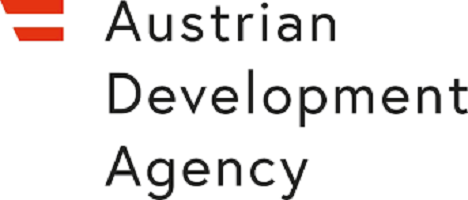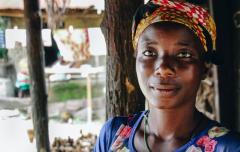SEforALL to launch Cooling for All Secretariat
Sustainable Energy for All (SEforALL) this month is establishing a Cooling for All Secretariat to help deliver universal access to cooling.
Access to cooling is not a luxury. It’s about fresh food, safe medicines and protection from heat for populations in a warming world. It’s an urgent development challenge that could have important ramifications for our climate. It is an issue of equity that requires fast action to protect the most vulnerable. It is vital for economic productivity by allowing workers, farmers and students to work in comfortable environments.
The Cooling for All Secretariat will serve to promote awareness of the need for universal access to cooling, provide data and knowledge about the issue, and help coordinate focused responses.
Universal access to cooling is a multifaceted challenge and an important one if we are to achieve the Sustainable Development Goals and fulfil the Paris Agreement. Productive economies, a stable climate, and millions of lives depend on sustainable access to cooling.
The Secretariat will have a number of important objectives. It will develop tools for government and civil society to measure access to cooling gaps and deploy solutions based on cooling needs. It will publish an annual Cooling for All Outlook to benchmark progress on closing access to cooling gaps while setting required targets. It will work with industry, donors and international organizations to design pilot projects.




